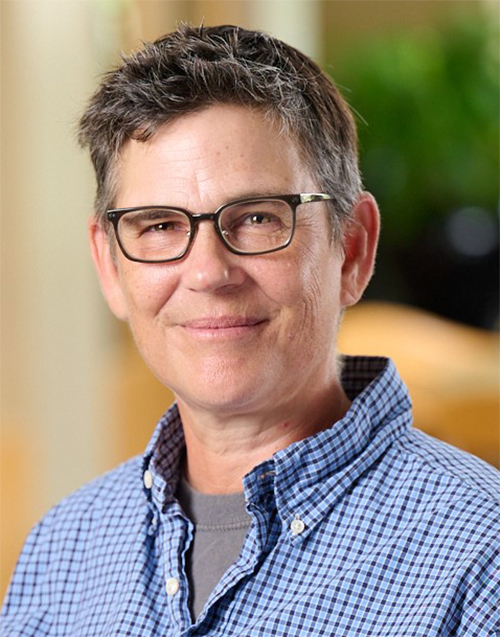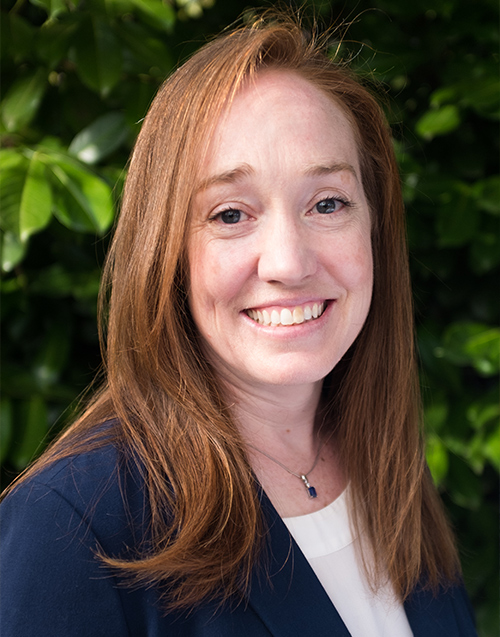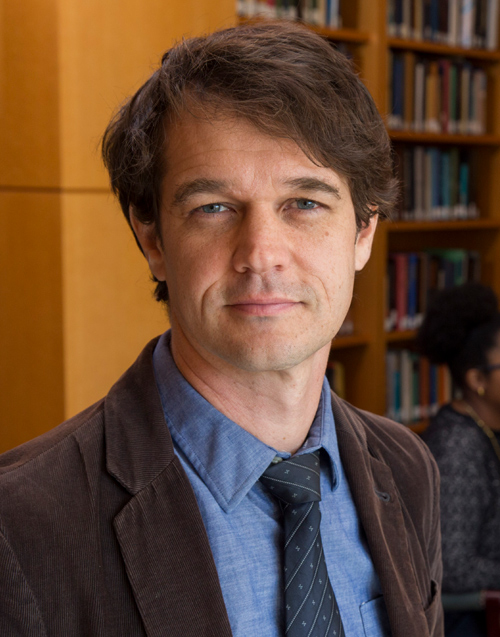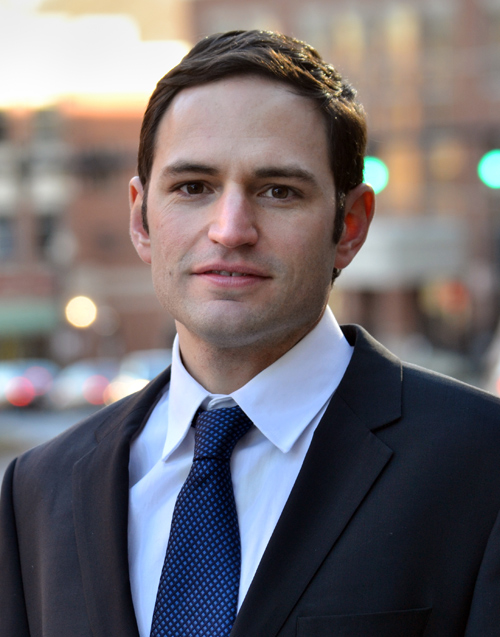
Learning through Practice
Meet four alumni working in clinical education today who demonstrate the Law School’s influence not only on their careers, but on the field at large.

Carolyn Grose ’94
Professor of Law, Mitchell Hamline School of Law
She was surprised when Kotkin asked her to be, despite Grose’s hesitation, a teaching assistant for the clinic the following year. While the experience confirmed that she didn’t want to be in a courtroom, she discovered that she loved clinical teaching.
“From my experience in the Brooklyn Law School clinical program, I found my vocation,” she said. “I found my identity.”
Grose clerked for U.S. District Judge Whitman Knapp in the Southern District of New York and received a Skadden Fellowship to practice family law at Western Massachusetts Legal Services. She landed her first teaching job at the University of Connecticut in 1999; that was followed by two years at American University as a practitioner-in-residence for the Women and Law Clinic. Then, in 2006, she joined the faculty of Mitchell Hamline School of Law in St. Paul, Minn.
“Clinics aren’t necessarily about learning law; they’re about learning how to use the law,” said Grose. “A clinical experience is one of self-discovery.”

Sarah Lora ’02
“I felt that Professors Caplow and Kotkin were preparing the next generation of lawyers for excellence in the practice of law,” she said. “I wanted to follow in their footsteps.”
After graduation, Lora joined Legal Aid Services of Oregon, representing farmworkers in their employment disputes and eventually leading their statewide tax project. In 2019, she became the director of the Low-Income Taxpayer Clinic at Lewis & Clark Law School in Portland, Ore. Students in the clinic are fully responsible for managing their caseloads, handling every step from the initial client interview to representing their client at trial.
She continues to see clinical education as invaluable, for reasons as varied as having the opportunity to work with marginalized communities or simply learning basic legal skills.
“Clinics help students gain the skills, knowledge, and professionalism they need to graduate with the ability to start representing clients right away,” she said. “You can’t teach these skills in a podium class.”

Jason Cade ’05
“Almost 20 years later, I’m still unpacking the lessons, in terms of both how to be a great lawyer and how to teach lawyering to students,” he said. “I think the most significant thing I learned was to be willing to go big, even in what can seem like a small case.”
In 2013, Cade began teaching immigration law and directing the Community Health Law Partnership Clinic (Community HeLP) at the University of Georgia School of Law. Last year, he was named associate dean for clinical programs and experiential learning, overseeing 18 clinical and externship programs.
Community HeLP works at the intersection of immigration status and health. The clinic has represented women alleging medical abuse and neglect in a Georgia detention center, noncitizen workers hurt by a gas leak at a poultry plant testifying before the Occupational Safety and Health Administration (OSHA), and women and families fleeing violence in the U.S. and abroad.
Although the clinic’s caseload ranges from complex federal litigation to Supplemental Nutrition Assistance Program (SNAP) applications and hearings, Cade, following Kotkin’s example, instills in his students the belief that there are no small cases.
“I teach my students to take every component of the work as seriously as they would in federal court and to leave no stone unturned,” said Cade.

Ted De Barbieri ’08
The case gave De Barbieri insight into how developments can impact nearby residents and furthered his interest in pursuing transactional legal services. When Epstein went on to direct the Urban Justice Center’s Community Development Project, De Barbieri followed, supported by an Equal Justice Works fellowship sponsored by Kramer Levin Naftalis & Frankel.
“Meeting my future employer and mentor was a key aspect of my early career development,” he said. “I have the Community Development Clinic to thank for that connection.”
De Barbieri also credits his clinical experience as the impetus for his interest in clinical teaching and legal scholarship in social movements. He returned to the Law School in 2014 to work alongside Reiss, Professor Debra Bechtel, and other faculty to teach in the clinic program.
Two years later, De Barbieri founded the Community Economic Development Clinic, a part of Albany Law School’s Justice Center. The clinic serves transactional, social justice-oriented clients in and around New York’s Capital Region.
“I am incredibly fortunate to have the position that I have, doing work that I love,” said De Barbieri. “My clinical education at Brooklyn Law School is responsible for much of my current success, career satisfaction, and ability to contribute to the profession and our community.”